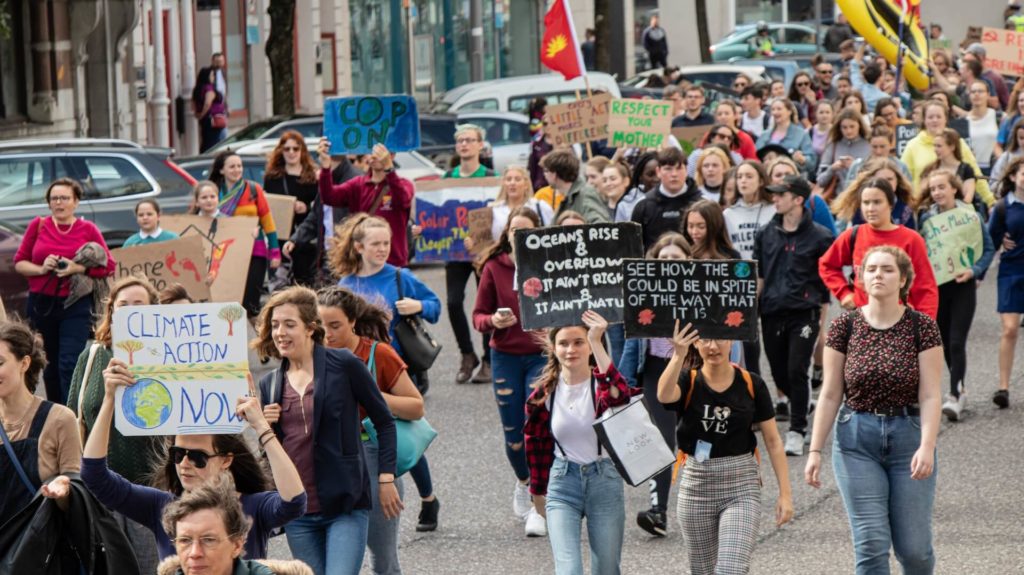Ensuring an Inclusive Energy Transition
Louise Sunderland, EU Sustainable Energy Week digital ambassador and Senior Advisor at the independent global NGO Regulatory Assistance Project (RAP) discusses key aspects to a sustainable and inclusive energy transition.
How can the Regulatory Assistance Project (RAP) bring a sustainable change in the countries you are most active in?
The Regulatory Assistance Project (RAP) is an independent, global NGO advancing policy innovation and thought leadership within the energy community. RAP is all about finding, generating and promoting good ideas. Our main impact is influencing energy efficiency, renewable energy and energy market policies at the EU and national level. We have colleagues in many European countries as well as the United States, India and China. Between us, we can cross-fertilize ideas across regions and countries, and between our areas of work – from buildings to transport, and from electricity markets to energy efficiency.
What do you think is the most needed element to see a positive change in innovation and the energy community?
Motivated, engaged and empowered people.
The energy transition will not proceed if it is done to people or even despite them; it has to be achieved by people. The transition from fossil fuel dependence to sustainable energy systems will also be a transition from centralized energy generation to a decentralized system in which every citizen has a role. Alongside this physical decentralization, we therefore also need democratization, not just of control and governance of the physical energy assets but also of decision-making and innovation. This is something I am acutely aware of at the moment – that we need to see more involvement of people from diverse backgrounds in decision-making and policy making, as well as greater inclusion of communities that are affected in finding the solutions.
Equally, we will not proceed if climate progress is made at the expense of social progress. The divide between rich and poor is increasing quickly, and we need innovations from the climate and energy community to find solutions that address structural inequities and promote benefits for those who have benefitted least.

We will not proceed if climate progress is made at the expense of social progress.
What is the main goal the project has achieved so far?
The most tangible success story of the energy transition so far is probably renewable energy generation. Not only has generation capacity expanded but the cost of new renewable energy has reduced significantly, meaning that renewable energy is now cheaper than new fossil fuel generation. This is an incredibly important tipping point.
Alongside the technical achievements, the impact of people’s movements like the Youth Climate Movement and Fridays for the Future cannot be underestimated. In my opinion this has been instrumental in challenging political leaders, holding them accountable and increasing climate ambition. Motivated citizens need the right frameworks, set by their national and local governments, to be able to act on the climate crisis, and right now we have more pressure on governments than ever to put this in place – thanks to citizens’ movements.

You spent your early career working in international development. According to this and your current career, how do you think gender disparities are related to energy efficiency and sustainability?
It’s a very good question. In many ways, I found the energy sector was further behind the international development sector with much more focus on the participation of women and under-represented groups in development projects than energy projects. That said, there is an expanding understanding of how gender interplays with energy use, access to essential energy services, technology use and adoption, and a host of other things. This is good but not moving fast enough.
“Without diversity in our sector, we are not going to get the diversity of thought that we need to succeed.”
Personally, now in my 15th year of working in the energy sector, I have seen a huge change from when I started. When I began, I would very often be the only woman in the room, but more recently I have had the welcoming experience of the absolute opposite. However, a recent article reminded me how far we have to go as a sector. It reported an above average gender pay gap and that women are less likely to recommend the energy sector to a female friend, especially at more senior positions; the representation of women in the energy sector drops in more senior roles. Without diversity in our sector, we are not going to get the diversity of thought that we need to succeed.